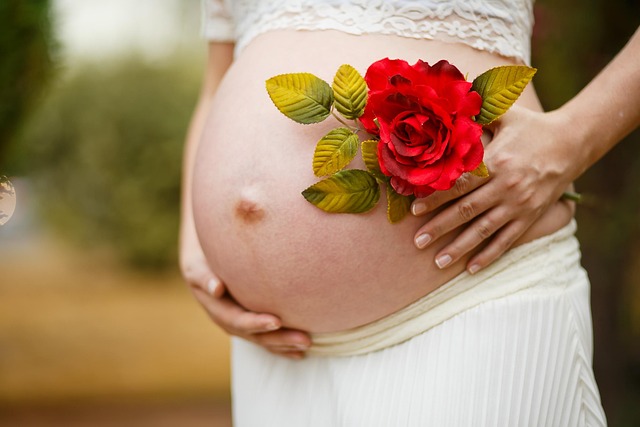At the recent ASRM meeting, exciting findings were shared regarding embryo culture methods that could significantly enhance fertility treatments. In a groundbreaking study, researchers revealed that extending embryo culture to day 7 can increase the yield of normal (euploid) embryos available for future pregnancy attempts. The study, aptly titled “Extended culture to day 7 increases euploid embryo yield per IVF cycle,” was presented on October 22 and has sparked considerable interest in the fertility community.
Study Overview
Lead researcher, Dr. Emily Carter, detailed how the study compared the chromosomal profiles of embryos cultured to day 5, day 6, and day 7 from women across various age groups. Utilizing Comprehensive Chromosome Screening (CCS), the team biopsied a few cells from each embryo and analyzed their chromosome numbers through SNP microarray analysis. This technique effectively identifies euploid embryos, which are crucial for successful development.
Key Findings
Out of 66 IVF cycles examined, 27 (40%) had at least one embryo cultured to day 7. Among the biopsied embryos, the results showed that 42 out of 157 were from day 7 cultures, with 50% of those classified as euploid. Notably, older women showed a higher development rate of day 7 embryos, suggesting that the extended culture might help counteract age-related growth slowdowns. The preservation of these embryos through vitrification means they can be thawed later for transfer, allowing for a better chance of implantation and live births.
Additional Resources
For anyone interested in learning more about at-home insemination options, visit our related blog post here. Additionally, if you’re considering the at-home approach, you might find this artificial insemination kit helpful. Don’t forget to check out this excellent resource for information on pregnancy and home insemination.
Conclusion
In summary, this study highlights the potential benefits of extended embryo culture in improving fertility outcomes, especially for older women. The findings could pave the way for more effective IVF strategies, making this an exciting development in reproductive medicine.

